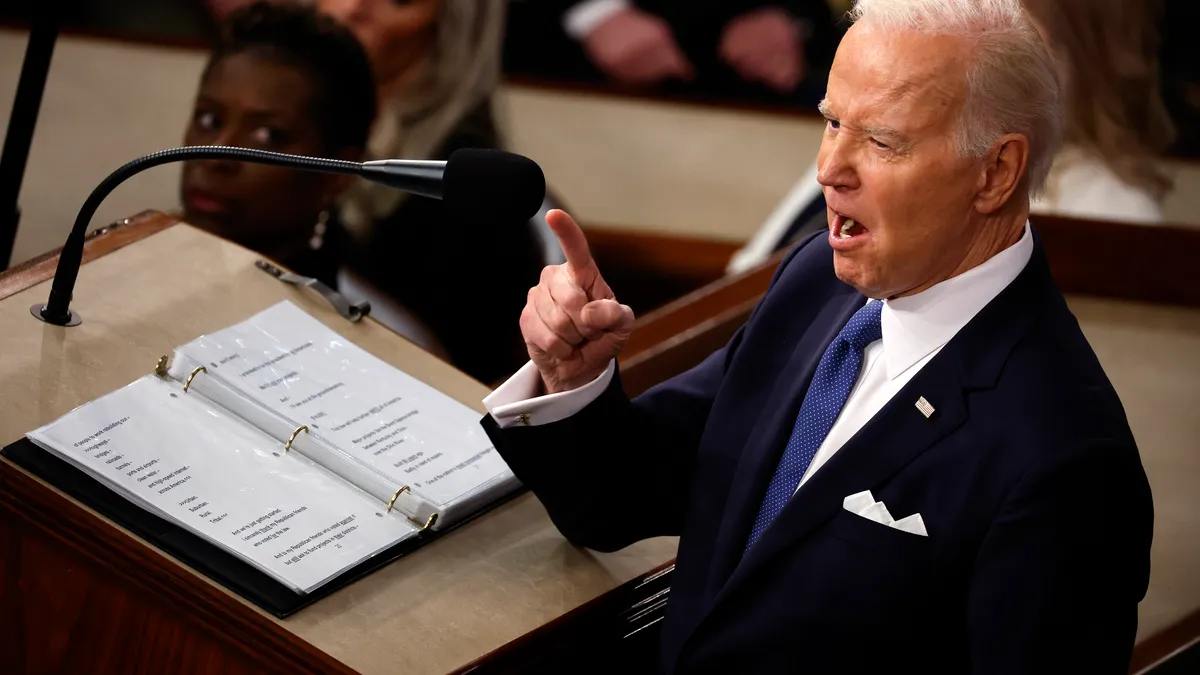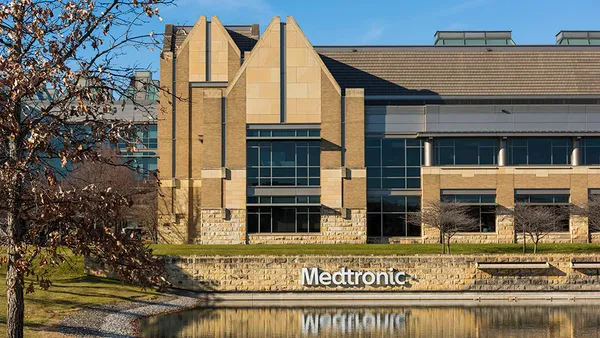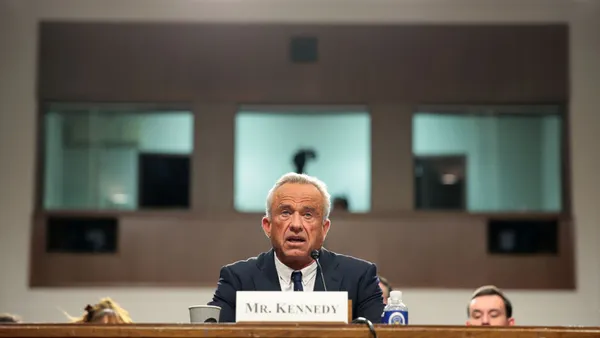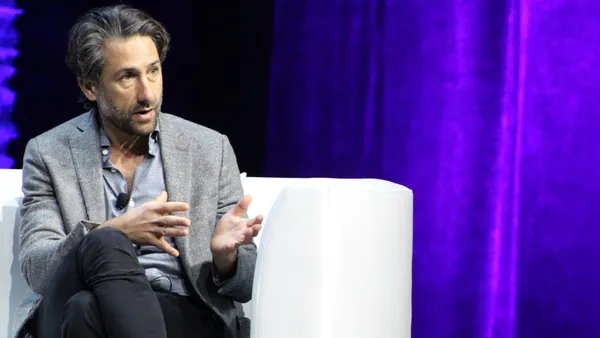President Joe Biden targeted high prescription drug costs Tuesday night in his State of the Union address, in addition to touching on other healthcare issues including the opioid crisis, abortion, Medicare solvency, surprise billing and more.
He called for extending Medicare's $35 insulin price cap to all Americans and blasted “big pharma” for record profits while at the same time “unfairly charging people hundreds of dollars.”
“For example, too many of you lay in bed at night staring at the ceiling, wondering what will happen if your spouse gets cancer, your child gets sick, or if something happens to you,” he said in prepared remarks. “Will you have the money to pay your medical bills? Will you have to sell the house?”
His remarks aligned with those from incoming Senate health committee chairman Sen. Bernie Sanders, I-Vt., who said earlier this year the pharmaceutical industry’s actions “are literally killing Americans.”
Biden said he would veto any threats to the government’s recent measures to rein in drug spending through the Inflation Reduction Act and any proposals for a nationwide abortion ban.
The $740 billion Inflation Reduction Act, in addition to setting a $35 insulin cap for Medicare enrollees, allows Medicare to negotiate drug prices and caps out-of-pocket drug costs for beneficiaries at $2,000 a year starting in 2025. The law also extended Affordable Care Act subsidies that have led to record enrollment.
Biden also pledged not to cut Medicare and to extend the trust fund by two decades. As it stands, the trust fund is expected to go broke in 2028.
Biden referenced the No Surprises Act, which bans surprise billing that can occur when patients receive care from out-of-network providers at in-network facilities. The law has prevented 1 million surprise bills a month, he said.
The president also spoke about fentanyl and called for a “major surge” to address fentanyl production and trafficking, saying the drug is killing more than 70,000 Americans a year.
He also called for better mental health treatment option, especially for children.
“When millions of young people are struggling with bullying, violence, trauma, we owe them greater access to mental health care at school,” he said.















